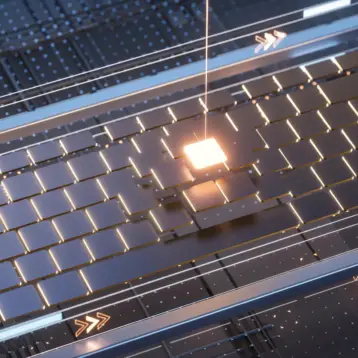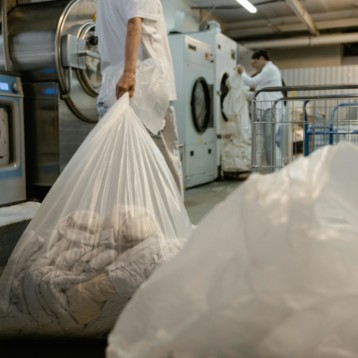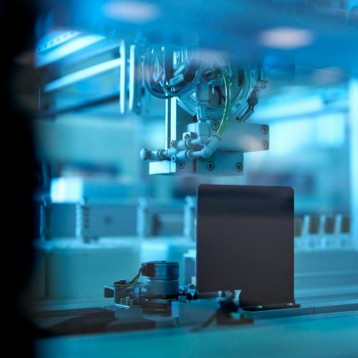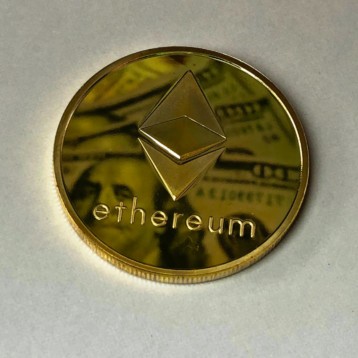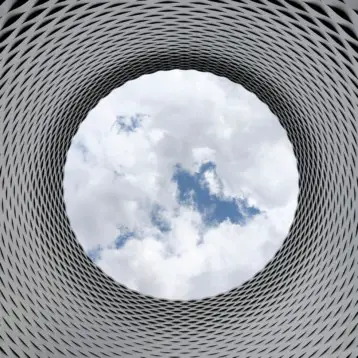|
Keratinous protein fibers include wool, silk, hemp and spider silk. While they have numerous applications and offer excellent physical and processing properties, their main fault is that they degrade in the presence of UV light from solar and indoor lighting. Despite their abundance, practicability, and biodegradability, these special characteristics have hindered their full utilization, until now.
To overcome the problematic characteristics, researchers have used a near room temperature sol–gel process to carefully apply nanocrystals of titanium dioxide to the protein fibers. Titanium dioxide is a substance that is known to destroy stains, dirt, and harmful microorganisms upon exposure to sunlight. In this way, the fibers will maintain their intrinsic properties. The fabrics could confer self-cleaning properties and will remain protects against UV degradation.
In order to test this technique, the researchers stained the fabric samples with red wine. After 20 hours of exposure to simulated sunlight, the coated fabric showed almost no signs of the red stain, whereas the untreated fabric remained deeply stained. The scientists noted that the coating, which is non-toxic, can be permanently bonded to the fiber and does not alter its texture and feel. If successful, this new treatment could widen the utilization of naturally-occurring biodegradable keratinous materials.
TFOT recently covered the Readybot, a kitchen cleaning robot developed in Silicon Valley, California. The Readybot is capable of picking up various objects, dumping leftovers in the trash can and even loading the dishwasher. TFOT also covered self cleaning bathrooms – an environmentally friendly coating containing special nanoparticles capable of cleaning and disinfecting.
More information on the self cleaning keratins can be found on the American Chemical Society website.


